NHS could run out of surgical masks within weeks, senior NHS England director warns
Exclusive: Senior NHS England director warns care homes are now epicentre of outbreak and delays in treatment could be causing some patients harm
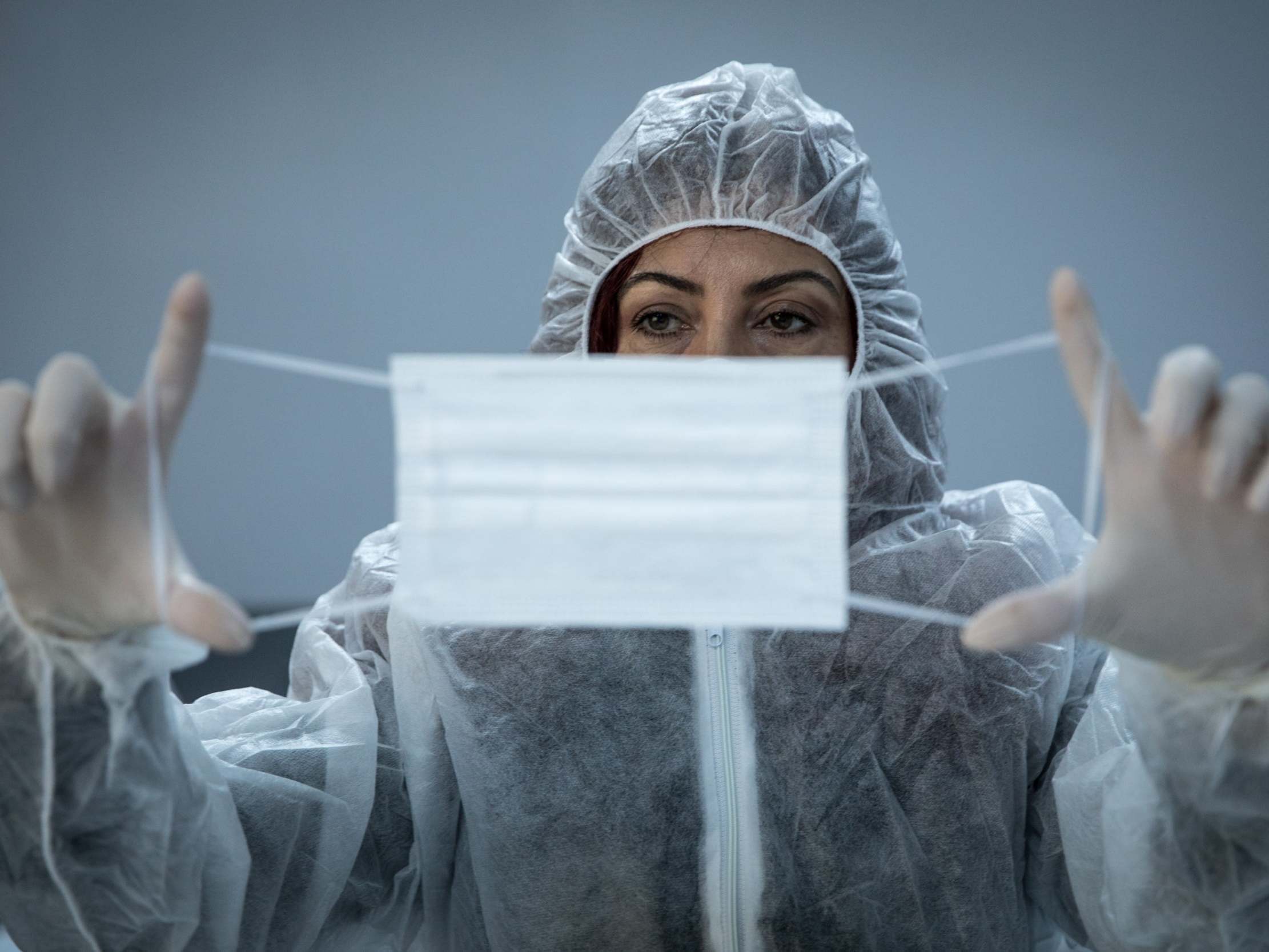
Parts of the NHS could run out of basic surgical masks in the next few weeks, NHS England’s senior director for coronavirus has warned hospital chiefs.
Just hours before prime minister Boris Johnson said face masks could be “useful” for coming out of lockdown, Professor Keith Willett told a private webinar for 800 NHS managers that the levels of masks being delivered to the UK for the NHS were not good enough and hospitals may have to share what they have with each other if they run out.
Surgical masks are the most basic level of face protection for NHS staff and could become even more scarce if the NHS re-starts routine operations in coming weeks or increasing numbers of the public use them.
In the daily Downing Street press conference Mr Johnson said: “As part of coming out of the lockdown I do think face coverings will be useful, both for epidemiological reasons but also giving people confidence they can go back to work.” He promised more details on the government’s exit strategy next week.
Professor Willett also revealed that health chiefs now believed care homes were at the centre of the Covid-19 outbreak due to the extent of the virus spreading within homes. He said this would make them the main source of the virus being transmitted back into wider society.
He also expressed fears some heart disease patients may be dying as a result of delays in treatments while other patients were coming to “harm” after the NHS cancelled routine operations.
In comments to NHS staff on the webinar shared with The Independent, the former consultant surgeon said: “An area we need to watch very carefully is surgical masks. The mask orders are not coming in at the volumes that we would ideally like, so we will need to be quite careful about that.”
He told the hospital chiefs: “Where you have good stocks of masks, please make sure that you are making those aware across your regions, because we could easily end up looking at mutual aid for surgical masks going forward over the next few weeks. If the delivery restriction that we’ve seen in the last week or so doesn’t improve.”
He said there was now global demand for surgical masks, not just from health services but from the public, adding: “We are doing absolutely everything possible to ensure that everybody has what they need, and we certainly do at the moment, but do be aware we need to be very protective and cautious in our stock consumption.”
He said the supply of gowns would remain a “just in time model” saying: “Don’t expect there to be large loads and you having full stock rooms. It’s going to continue to be very tight for some while yet.”
A source who was on the webinar told The Independent: “Surgical masks is a really big issue as it’s the item we use the most across the NHS, they haven’t formally said yet but our supply team suspect in the next two weeks we will run out.”
Professor Willett said there had been a “shift in the recognition” that coronavirus was spreading between patients and staff in care homes.
He said the proportion of care home residents dying had increased from a quarter to 30 per cent of the weekly total death toll for England and Wales, adding: “The expectation is that for the next few weeks… those care homes will be the epicentres of transmission back into society and feeding the endemic problem that we will have going forward.”
His webinar, which also included NHS England’s chief operating officer Amanda Pritchard, followed the publication of a letter to hospitals on Wednesday setting out how they would be expected to restart some non-coronavirus activity.
Professor Willett said there was a need to balance the risks of the pandemic resurging and “the need to bring back the urgent services that probably have retreated too far”.
He warned: “We are building up big backlogs, and some of those will be time-sensitive in that although patients may not be dying whilst waiting, although perhaps in cardiovascular disease that may be the case, we are building up increasing harm in those patients and reducing the quality of their outcomes.”
He warned the hospitals: “Things might feel slightly better on the numbers, and the graphs you might see start to look better, [but] this is still a precarious position. We are certainly not out of difficulty yet.”
NHS England was approached for comment.
Subscribe to Independent Premium to bookmark this article
Want to bookmark your favourite articles and stories to read or reference later? Start your Independent Premium subscription today.

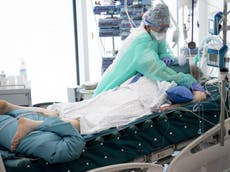
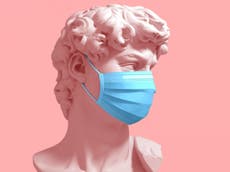

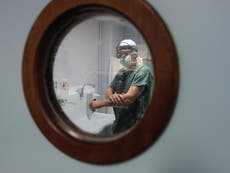
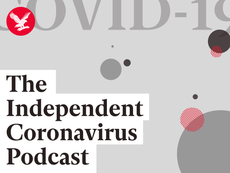
Join our commenting forum
Join thought-provoking conversations, follow other Independent readers and see their replies
Comments